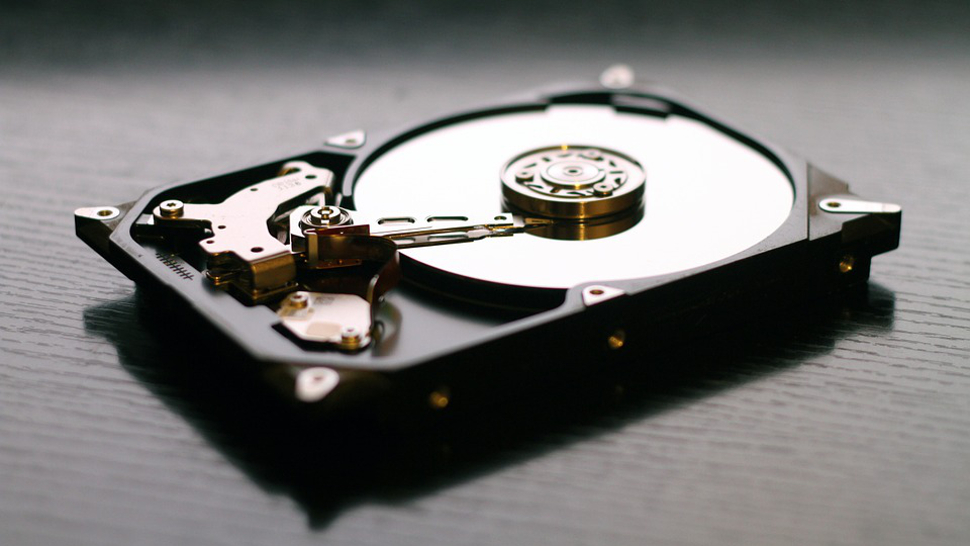Did a hard disk drive failure paralyze Tokyo’s stock market for a day?
$6 trillion equity market came to a grinding halt

The shutdown of the Tokyo Stock Exchange (TSE) for a whole day last week took the financial world by surprise, not so much because it hit the world’s third biggest equity market by size ($6 trillion) but because of how long it lasted.
A team of journalists at Bloomberg identified the process that sparked the domino effect - one that ultimately caused the catastrophic crash.
A storage peripheral called the “No. 1 shared disk device” (one of two cubic devices that store data for the TSE) flagged a memory error and an automatic failover to “No. 2 shared disk device” did not occur. The likely source of the crash was therefore a defective hard disk drive, solid state drive or memory module.
- Here's our list of the best portable SSDs right now
- We've built a list of the best rugged hard drives on the market
- Check out our list of the best USB flash drives out there
Tokyo outage
The incident, as described by the financial news outlet, caused a knock-on effect on vital servers that send market information to trading desks. Administrators had to instigate the switchover to the backup disk device by hand instead and the fateful decision was taken by the Tokyo Stock Exchange to shut down for the entire day.
Hardware does (and will) fail regardless of the size of your business and, as we've seen, trading systems are not immune, due partly to their complexity and the need to operate in quasi real-time.
Add in the additional threat of ransomware and other cyberattacks and similar events are bound to happen in the future. It's a case of when, not if.
Businesses can mitigate the risk using cloud backup and cloud storage solutions, as well as adopting a 3-2-1 backup strategy: three copies of the data, stored on two types of media (e.g. NAS drive), with one copy stored offsite.
Sign up to the TechRadar Pro newsletter to get all the top news, opinion, features and guidance your business needs to succeed!
- Here's our list of the best cloud storage for photos right now

Désiré has been musing and writing about technology during a career spanning four decades. He dabbled in website builders and web hosting when DHTML and frames were in vogue and started narrating about the impact of technology on society just before the start of the Y2K hysteria at the turn of the last millennium.